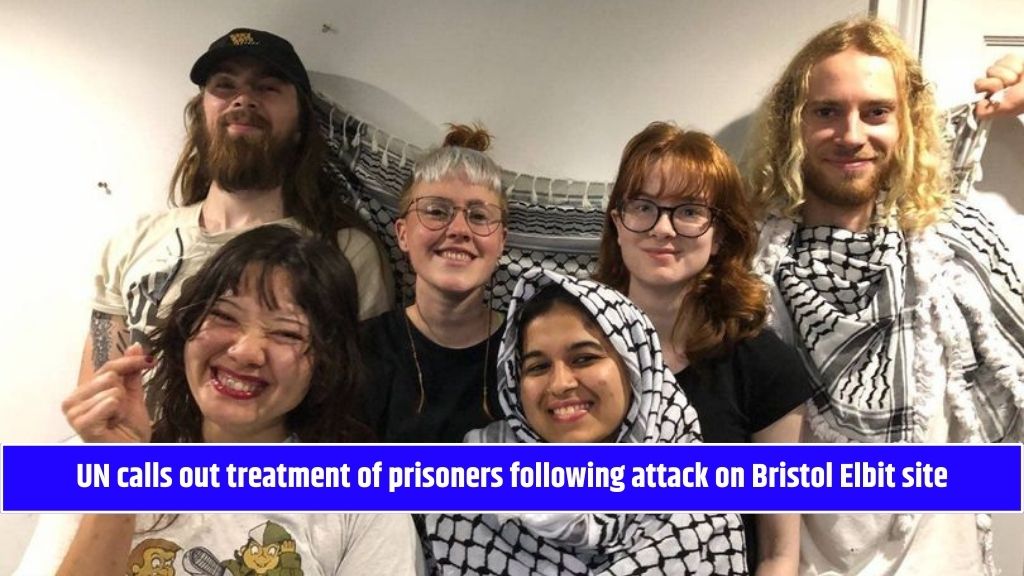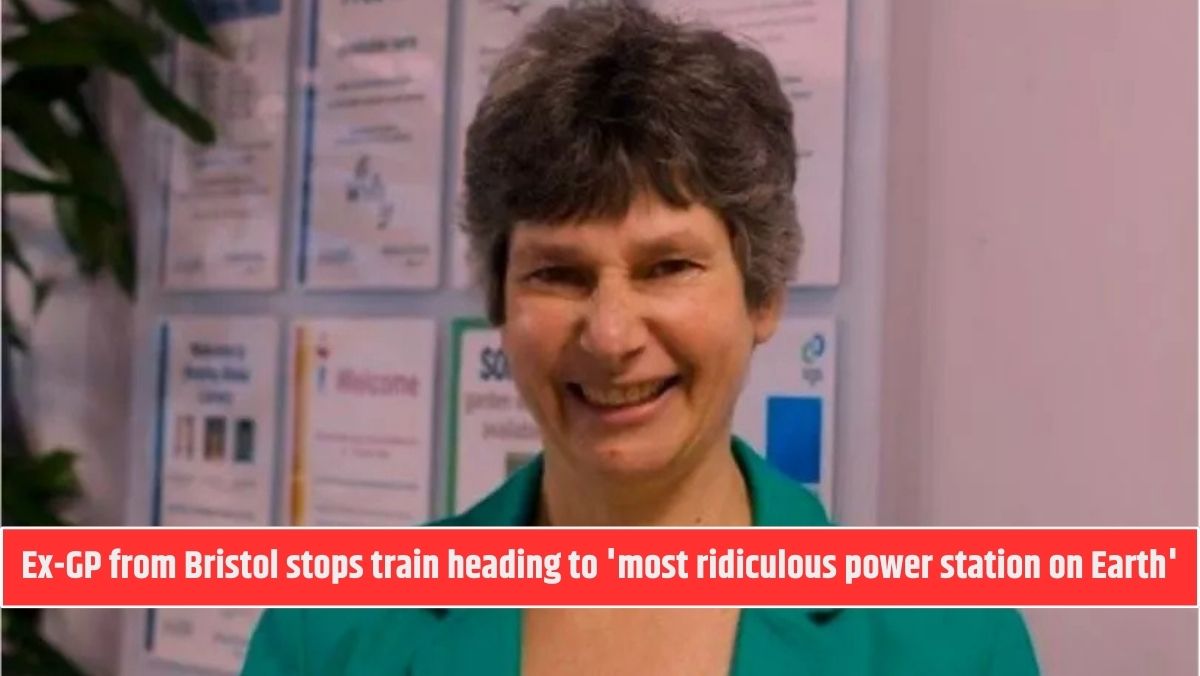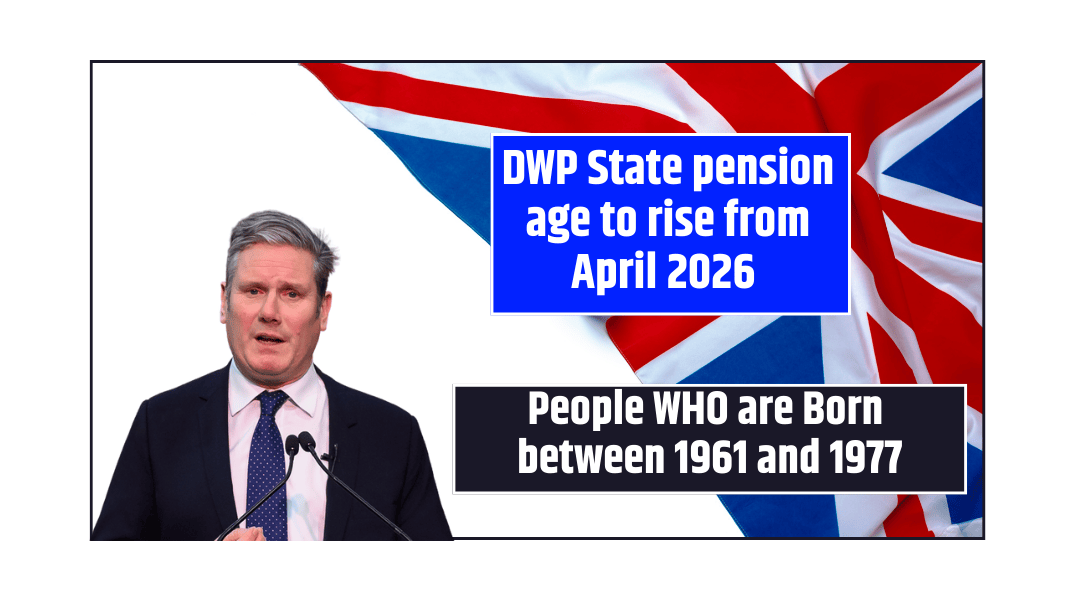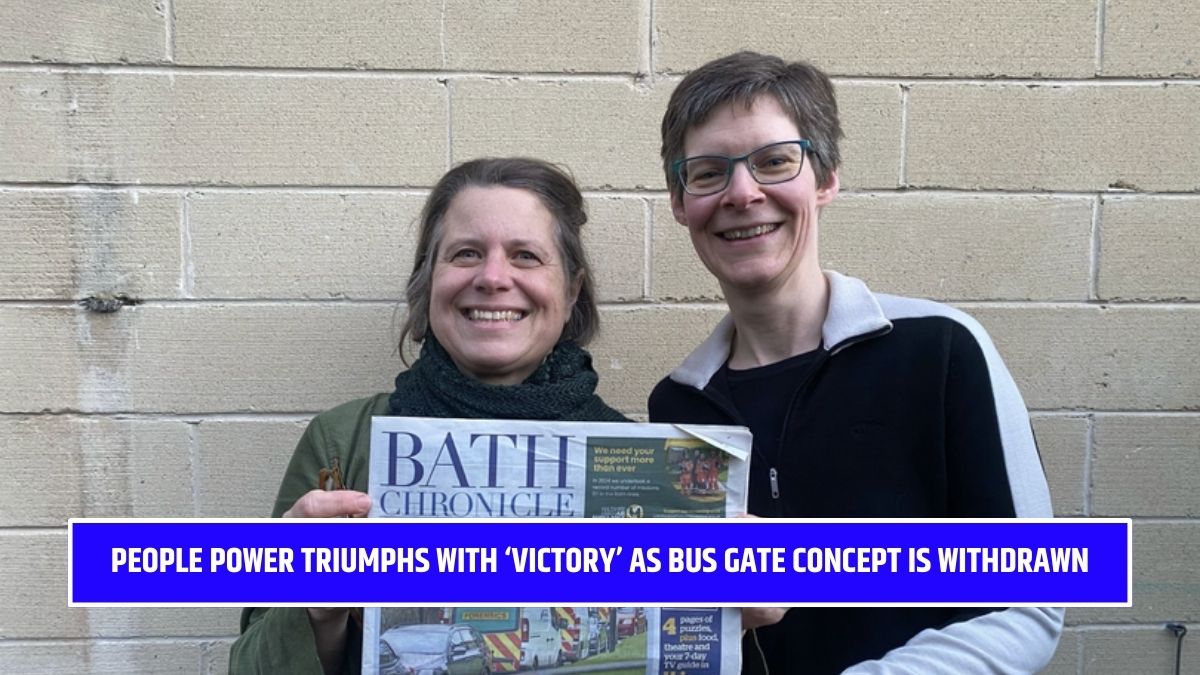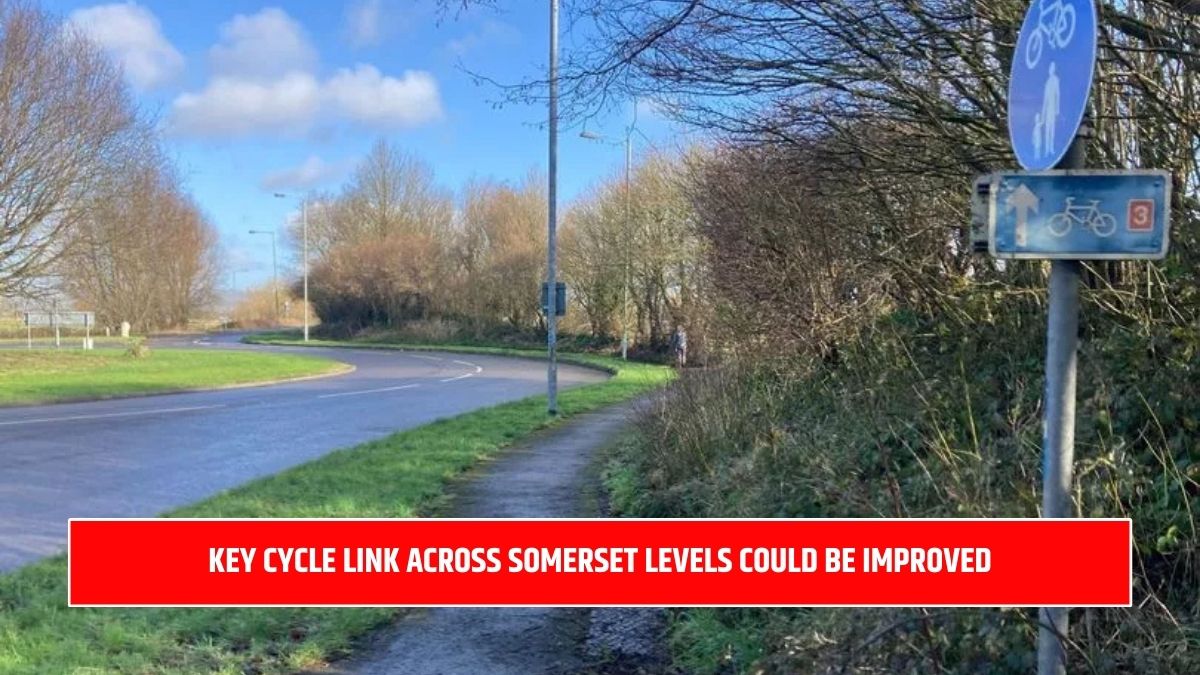The United Nations has stepped in to address concerns over how a group of individuals, known as the “Elbit 10,” are being treated while awaiting trial in the UK. The protesters, who were involved in an attack on the Bristol-based arms company Elbit Systems, have not been charged with terrorism-related offences. However, they are reportedly being detained under counter-terrorism laws, leading the UN to question whether their treatment is justified.
UN Questions the Use of Terrorism Laws
Ben Saul, the UN’s special rapporteur on human rights while countering terrorism, has written a seven-page letter to the UK government. He expressed concern over the protesters being treated as high-security prisoners, even though they face charges related only to criminal damage, violent disorder, and aggravated burglary.
According to the UN, the first 10 individuals arrested were initially detained under the Terrorism Act 2006. Even after being charged with non-terrorism offences, they remain classified as “restricted prisoners.” This classification has reportedly denied them access to legal support, family visits, and healthcare.
Details of the Arrest and Detention
The 18 accused individuals, from different parts of the UK, are set to go on trial in November. The case revolves around an incident that took place on August 6 at Elbit Systems in north Bristol, where the protesters allegedly used a sledgehammer to break into the facility. All 10 arrested individuals have denied the charges.
The UN states that when they were arrested, they were detained under counter-terrorism laws and held in police stations across Bristol for 36 hours without legal advice, family contact, or any communication with the outside world.
UN Calls for Fair Legal Treatment
In his letter, Mr. Saul emphasized that using counter-terrorism laws against political activists could be a violation of human rights. He acknowledged that the protest involved some level of violence, but argued that it should still be treated as an ordinary criminal offence rather than an act of terrorism.
His letter stated:
“While we do not wish to prejudge the accuracy of these allegations, we express our concern regarding the seemingly unjustified use of counter-terrorism laws against protest activity by political activists in a democratic society, notwithstanding that it involved some alleged violence that should be prosecuted as ordinary criminal offences.”
He further warned that classifying protest actions as terrorism could threaten freedom of expression and political activism.
Concerns Over Police Powers and Sentencing
The UN also raised concerns about how the UK police used counter-terrorism laws to extend detention without formally charging the activists with terrorism-related crimes. Mr. Saul pointed out that these extensive powers should only be used in genuine cases of terrorism.
“The information received suggests that the UK police have exercised significant powers under counter-terrorism legislation despite the absence of a credible connection between the activists’ conduct to terrorism,” he wrote.
While it is a positive step that the activists are not facing terrorism charges, the UN remains concerned that they were initially treated as terrorists. Mr. Saul stressed that using counter-terrorism laws unnecessarily could set a dangerous precedent.
The UN’s intervention highlights concerns over the UK government’s use of counter-terrorism laws against political activists. While the protesters may have committed criminal offences, treating them as terrorists raises serious human rights questions. The case has sparked a debate on the balance between national security and civil liberties, and it remains to be seen how the UK government will respond to the UN’s concerns.
| Visit for More News and Updates | WSOA NEWS |
